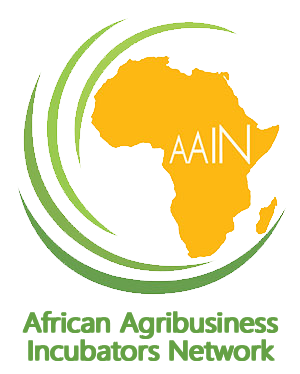
First All-Africa Post Harvest Congress and Exhibition set for March 2017
The First All-Africa Post Harvest Congress and Exhibition to discuss and showcase actionable strategies for reducing food loss in Africa and how different stakeholders in the food supply chain can work together to ensure proper and better utilization of the food that has been produced in the continent is set for 28th to 31st March 2017 at Safari Park Hotel, Nairobi, Kenya.
The event is being organized by the University of Nairobi and a consortium of leading African Universities and Research & Development Institutions in conjunction with the World Food Preservation Center® LLC (WFPC).

Why is this timely?
According to the United Nations, the world population is predicted to hit the 10 billion mark by the year 2050. Africa’s population is expected to double from the current 1.2 billion to 2.5 billion during the same period. To meet the food and nutrition needs of this rising population, food production (under the current trends) will have to increase by 70% and 83 billion of annual agricultural investments in developing countries to cope with the growth.
This requires additional resources (land, water, energy, and other agro-inputs) which are scarce and inelastic. It is estimated that one third (30%) of the food produced for human consumption is lost or wasted along the supply chains globally resulting in 15% in income for 470 million smallholder farmers, intermediaries, processors and buyers.
Proportionately this translates into 1.3 billion metric tons of the total volume of the food produced. Food Losses and Waste (FLW) negatively impact food security, nutrition and economic stability. Reduction of FLW is therefore an important and viable strategy to ensure food and nutritional security in efficient and sustainable. The good news is that there are some concerted efforts to reduce FLW as reflected in the United Nation’s Sustainable Development Goals (SDG 12.3) and the Malabo Declaration by the African Union. In both cases, there is a commitment to halve the post-harvest losses from the current levels by the years 2030 and 2025 respectively. Further, there are a number of proven technologies and strategies to effectively reduce the post-harvest losses. However the technologies remain largely under-utilized due to various factors including lack of awareness; unaffordability; and lack of access due to limited distribution and emergent policy constraints.
According to Dr Alex Ariho the AAIN CEO, the event will go a long way in addressing the bottleneck of post-harvest losses which he says is detrimental to agribusiness value chains and hinders the effectiveness of the fight for a “food secure” world.

No Comments